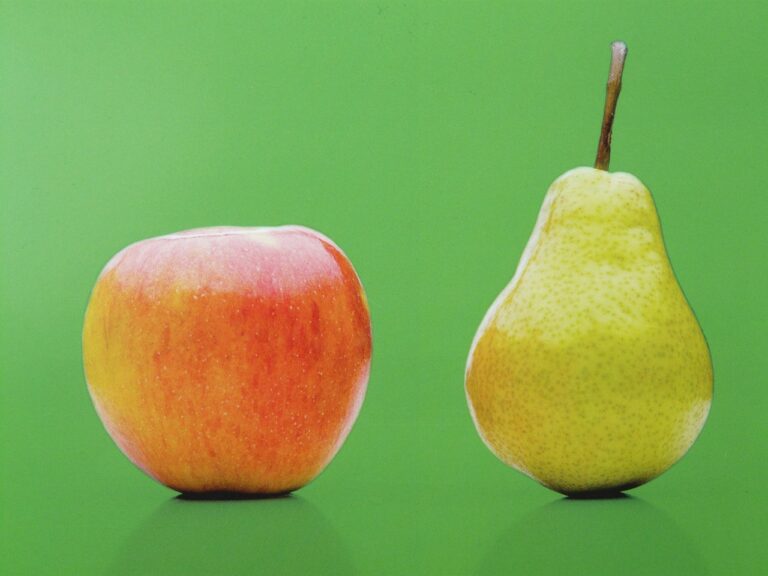Pharmaceutical Waste Management: Sustainable Solutions for a Greener Future: 99 exch sign up, Lotus 365.io, Play exch.in
99 exch sign up, lotus 365.io, play exch.in: Pharmaceutical Waste Management: Sustainable Solutions for a Greener Future
Are you aware of the environmental impact of pharmaceutical waste? It’s a critical issue that demands attention in today’s world. When we think about pollution, images of plastic bottles and factory smoke often come to mind. However, the improper disposal of pharmaceuticals is a significant contributor to environmental damage.
Pharmaceutical waste includes expired medications, packaging materials, and chemical residues that can contaminate soil and water sources. When these substances enter our ecosystem, they can harm wildlife, aquatic life, and even human health. That’s why proper pharmaceutical waste management is essential for a sustainable future.
Let’s explore some sustainable solutions for managing pharmaceutical waste and reducing our impact on the environment.
1. Proper Disposal Methods
One of the most crucial steps in pharmaceutical waste management is ensuring proper disposal. Never flush medications down the toilet or drain, as they can end up in water bodies and harm aquatic life. Instead, visit a local pharmacy or designated disposal site to safely dispose of unused medications.
2. Recycling Packaging Materials
Pharmaceutical packaging, such as plastic bottles and blister packs, can contribute to waste accumulation. Consider recycling these materials whenever possible to reduce your environmental footprint.
3. Implementing Take-Back Programs
Many pharmacies and healthcare facilities have implemented take-back programs to collect unused medications from consumers. Participating in these programs can help prevent pharmaceutical waste from ending up in landfills or waterways.
4. Investing in Sustainable Packaging
Pharmaceutical companies can make a significant impact by investing in sustainable packaging materials. Using biodegradable or recyclable materials can reduce waste generation and lessen the environmental impact of pharmaceutical products.
5. Education and Awareness
Raising awareness about the importance of proper pharmaceutical waste management is key to promoting sustainable practices. Educate yourself and others about the potential hazards of improper disposal and the benefits of responsible waste management.
6. Collaboration with Stakeholders
Collaborating with stakeholders, including pharmaceutical companies, healthcare facilities, and regulatory agencies, is essential for implementing effective waste management strategies. By working together, we can develop solutions that benefit both the environment and public health.
FAQs
1. How can I safely dispose of expired medications?
You can safely dispose of expired medications by visiting a local pharmacy or participating in a take-back program. Avoid flushing medications down the drain or throwing them in the trash.
2. Can pharmaceutical packaging materials be recycled?
Yes, pharmaceutical packaging materials such as plastic bottles and blister packs can often be recycled. Check with your local recycling facility to see if they accept these items.
3. Why is proper pharmaceutical waste management important?
Proper pharmaceutical waste management is essential for protecting the environment and public health. Improper disposal can lead to contamination of soil and water sources, posing risks to wildlife and human health.
In conclusion, pharmaceutical waste management plays a crucial role in promoting a greener future. By implementing sustainable solutions and raising awareness about the importance of responsible waste disposal, we can minimize our impact on the environment and create a healthier planet for future generations. Let’s work together to ensure a sustainable future for all.







